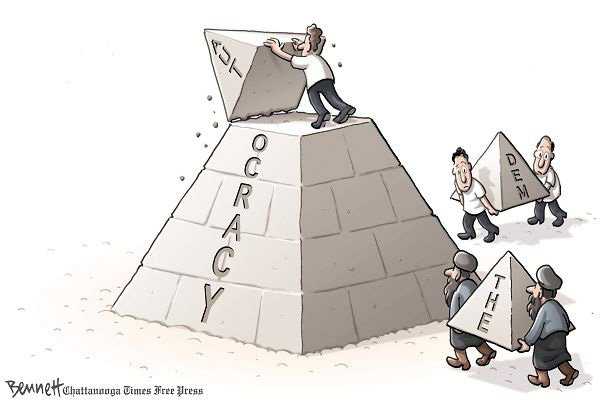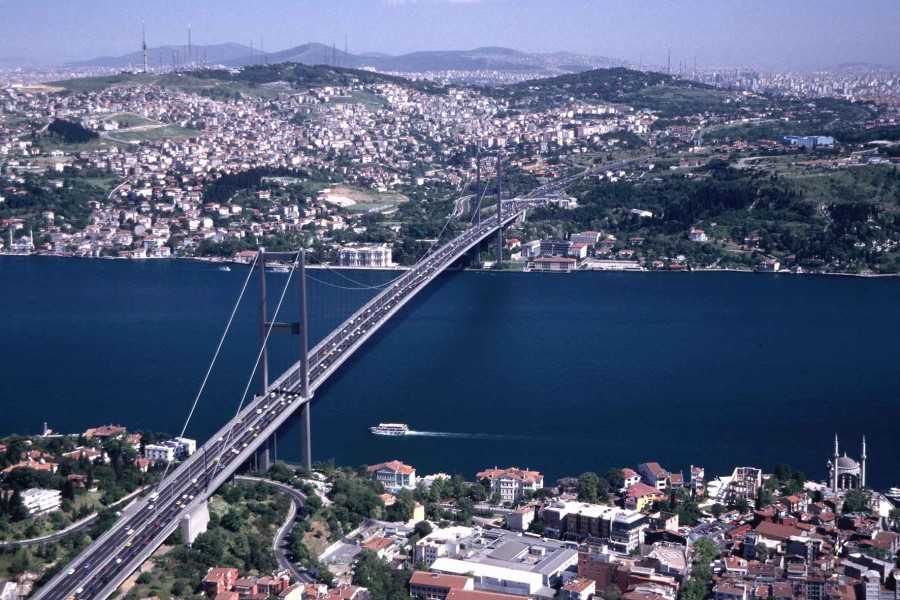Written by Allan Odhiambo
July 28, 2008: Turkey has become the latest emerging economy to join the scramble for Africa’s fortunes with a continent-wide investment conference to be held in Istanbul.
The move, mainly seen as driven by the increasing pressure to find resources the country needs to power its fast growing economy, also promises additional investment and trade inflows for Africa.
The summit, to be held between August 18 and 21, is being organised with the help of the African Union and will be the first of its kind for both parties.
“We will look at the future of our relationship with a view to strengthening and diversifying it,” Turkish Foreign Affairs minister Ali Babacan said when he met an AU delegation last week.
Closer ties with Africa is particularly critical to Turkey — the Euro-Asian state with few natural resources — whose economy is undergoing a transformation from heavy reliance on agriculture and manufacturing to a globally inclined one driven by the services sector.
In the more recent past, as the Kenyan economy recovered from a deep slump at the turn of the millennium, Turkey has become one of the key source markets for consumer goods such as textiles, carpets, furniture and electronics for the newly rich.
A steadily growing economy is also seen to be critical to the realisation of Turkey’s ambition to become a member of the European Union — a goal it has been pursuing for nearly a decade.
This need to sustain growth and manage an economy in transition has seen Turkey’s trade ties with Africa more than double in the past five years from $5 billion in 2003 to $12 billion last year.
Istanbul says the goal is to increase this volume of trade to $30 billion by 2010. Data from the department of external trade indicates that Turkey’s direct investments in Africa hit the $500 million mark last year and is expected to grow.
For Kenya, Turkey’s ambitions for closer ties with Africa has yielded a steady growth in the value of the bilateral trade that stood at $90 million last year. Under the existing bilateral trade agreement, Turkey exports a wide range of consumer goods to Kenya including hazelnut, minerals, chemical fertilisers, resins, polymer bags and textile.
Emerging Asian giants
Kenya mainly exports tea, hemp and arts and crafts to Turkey, and also benefits from a wide range of technical cooperation projects under the Turkish International Co-operation Agency (TICA).
If successful, a trade and investment deal with Africa will see Turkey join the ongoing battle between India and China for big investments mainly in Africa’s natural resources extraction.
The two emerging Asian giants have also made multi-million shilling acquisition deals or green field investments in telecommunication, tourism, energy, technology, commodities and construction.
Turkey recently stepped up its expansion in Africa with the May 2007 admission as a non-regional member of the African Development Bank.
The bank, which is one of the top financiers of development and infrastructure projects in Africa, gives Turkey a good platform from where to open new areas of co-operation. Turkey has made inroads into Africa’s transport sector with scheduled flights of its national flag carrier Turkish Airlines to regional hubs of Addis Ababa, Khartoum, Lagos and Johannesburg.
Istanbul also plans to venture into Africa’s maritime sector with investment in key facilities such as the Port of Mombasa to spur trade in the hinterland.
Besides, Turkey is already involved in multi-million dollar humanitarian and development assistance to a number of African countries through TICA.
Major beneficiaries of this assistance include Sudan, Ethiopia and Senegal. TICA says plans are underway to move into new areas of development cooperation such as health, water sanitation, education, technical training, environmental protection and transportation.
Funds for Africa
Turkish humanitarian and development assistance to Africa has been growing steadily with the Official Development Assistance (ODA) totalling $700 million in the last three years.
“To this end, we have set up several dedicated funds for Africa. The latest initiative is the allocation of $50 million to finance development in Africa over the next five years,” Mr Babacan said.
Istanbul has also recently set up a $20 million development financing pool for the Least Developed Countries (LDC), Small Island Developing States (SIDS) and Land Locked Developing Countries (LLDC).
In return, Turkey is looking for political support from Africa to realise her dreams of winning a non-permanent seat in the UN Security Council.
“We see our prospective membership in the security council as an opportunity that will allow us to contribute even further to the achievement of our common objectives under the UN,” the minister said.
Turkey’s candidature for the UN seat is for the 2009 to 2010 term. Turkey served for a one-year term in the Security Council in 1961. India too pegged its economic support for Africa to backing for a permanent seat in the expanded UN Security Council, signalling Africa’s growing influence in global agenda.
Intense lobbying for UN reforms that would open the door for greater representation of the developing world in key global institutions has been ongoing since the mid 1990s.
Those in the race for a permanent seat at the Security Council include Germany, Japan, Egypt, Brazil, and South Africa. Successful countries will join US, China, Britain, France and Russia in the exclusive club of members who wield veto power at the UN.
Joint trade pacts
India has already announced plans to offer preferential market access to 50 developing countries, 34 in Africa. The arrangement covers 94 per cent of India’s total tariff lines and provides preferential market access on tariff lines that comprise 92.5 per cent of global exports of all least developed countries.
The scheme covers several products of interest to Africa including cotton, cocoa, aluminium, copper, cashew nuts, sugar, ready-made garments, fish fillets and non-industrial diamonds.
India further pledged to offer additional lines of credit amounting to $5.4 billion both bilaterally and to the regional economic communities of Africa.
Trade experts would be looking up to what Turkey would offer African nations to win their confidence in pursuing further joint trade and co-operation pacts.
In the last five years, Kenya’s imports from India have risen from Sh14 billion in 2002 to Sh38 billion in 2006 while China’s have increased from Sh6 billion to Sh27 billion making them increasingly important trading partners. Kenya’s exports to these countries remains under Sh4 billion.





